‘Brahmins pe main mootunga…koi problem?’ Anurag Kashyap abuses Brahmins after ranting over Phule controversy
Bollywood filmmaker Anurag Kashyap is once again at the center of a national controversy following his recent remarks targeting a section of the Brahmin community in India. Known for his outspoken nature and bold opinions, the director’s comments have stirred a major debate in the film and social circles, especially in connection with the upcoming biopic ‘Phule’.
The movie ‘Phule’ is based on the lives of two of India’s most respected social reformers — Jyotiba Phule and Savitribai Phule. Directed by Anant Mahadevan and starring Pratik Gandhi as Jyotiba Phule and Patralekha as Savitribai Phule, the film highlights the reformers’ revolutionary work against caste discrimination and for women’s education in 19th-century India.
The film was originally scheduled to release on April 11, 2024, but following objections from certain sections of the Brahmin community in Maharashtra, its release was postponed to April 25, 2024. The controversy erupted when a few groups alleged that the film depicted the Brahmin community in a negative light, sparking demands for changes and censorship.
Censor Board’s Involvement and Demands
The Central Board of Film Certification (CBFC) had initially issued a ‘U’ (Universal) certificate to the movie on April 7, 2024. However, it came with several demands for modifications. Among these were the removal of caste references like ‘Mahar’, ‘Mang’, and ‘Peshwai’, which are sensitive caste identifiers in the region.
Additionally, the board asked for a change in a dialogue that originally said “3000-year-old slavery” to be replaced with “how many years of slavery”. These changes were confirmed by the film’s director Anant Mahadevan, who also stated that they were necessary for the film to see a smooth release.
Anurag Kashyap’s Strong Reaction
Reacting strongly to the situation, Anurag Kashyap took to Instagram to express his frustration over the ongoing caste politics in India. He posted a series of Instagram Stories and a post in which he highlighted how caste discrimination continues to exist in Indian society, despite some claiming otherwise.
Anurag wrote in his post, “The first play I ever did in my life was about Jyotiba and Savitribai Phule. If caste discrimination didn’t exist in this country, why would these reformers have had to fight for social justice? Now, some Brahmin groups feel ashamed or attacked. Are they the only ones living in India who cannot see what’s happening? Someone needs to tell them who the real fool is here.”
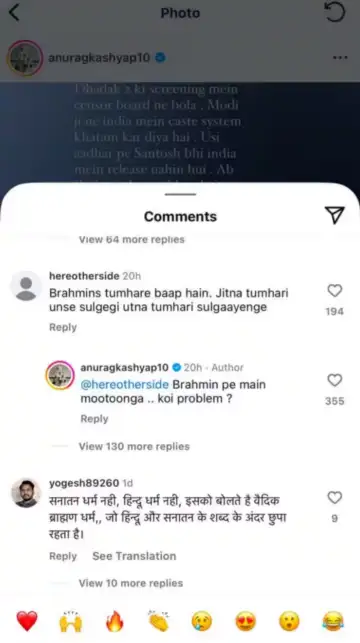
Drawing Comparisons with Other Films and Censorship Issues
In another post, the director questioned why films like ‘Santosh’ and ‘Dhadak 2‘ are also facing similar hurdles in India’s film certification system. He pointed out how the CBFC had told the team of ‘Dhadak 2’ during its certification that the caste system in India was abolished by Prime Minister Narendra Modi, and therefore, sensitive caste-related issues should be handled carefully.
Anurag sarcastically remarked, “If there’s no caste system in India, then why do we have problems with movies like ‘Phule’? Why are there still people so offended by caste references? If the caste system has really ended, then what are you trying to hide and why are you still feeling insecure about it?”
Anurag Kashyap Questions the Reality of Caste System
Further addressing the debate, the ‘Gulaal’ director said, “If the caste system didn’t exist, Jyotiba and Savitribai Phule wouldn’t have had to fight for equality and education for lower-caste communities. Either accept that casteism still exists in India or stop pretending otherwise.”
He called out the hypocrisy of certain groups, suggesting that while some people publicly claim that India is caste-free, they still strongly oppose films and narratives that talk about historical injustices and caste oppression. He openly questioned those objecting to the film’s content, asking them to first decide whether caste discrimination truly exists or not.
Impact of the Controversy on the Film Industry
The issue has opened up a broader conversation in Bollywood about creative freedom, censorship, and the persistent caste divides in Indian society. Several filmmakers and actors have spoken out in support of Anurag Kashyap, while others have maintained a cautious silence, wary of getting caught in political controversy.
Social media has been flooded with opinions, hashtags, and debates about the relevance of caste-based stories in modern India. While some netizens appreciated Kashyap’s bold stand, others criticized him for making generalizations about an entire community.
History of Casteism in Indian Cinema
Indian cinema has often faced backlash when it comes to showcasing caste-based narratives. From ‘Sairat’ to ‘Article 15′, movies attempting to address caste discrimination have encountered resistance from various groups. ‘Phule’ is the latest in this line of films that aims to retell the lives of social reformers who challenged the caste system.
What Lies Ahead for ‘Phule’
Despite the controversy, ‘Phule’ is now expected to release on April 25, 2024, after incorporating the demanded changes. The film promises to shine a light on the inspirational lives of Jyotiba and Savitribai Phule, and their contribution to education, social reform, and the fight against caste-based oppression.
As for Anurag Kashyap, his comments have reignited a sensitive discussion about casteism in India, censorship in the arts, and freedom of speech. While debates around his remarks continue, it is clear that caste remains a deep-rooted issue in Indian society that cannot be ignored, regardless of official statements or censorship decisions.

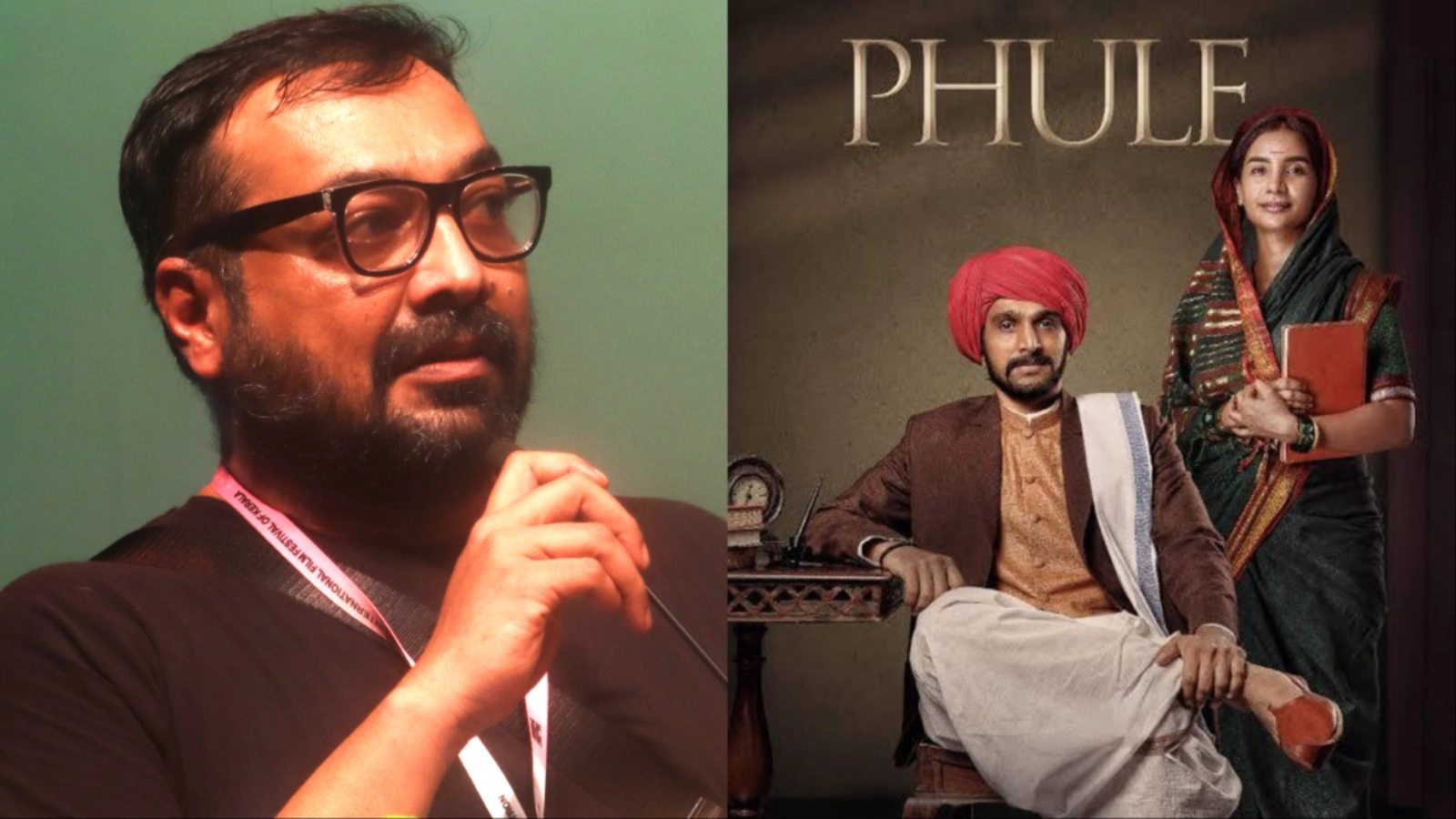
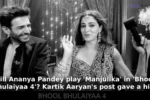


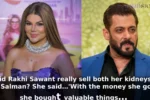

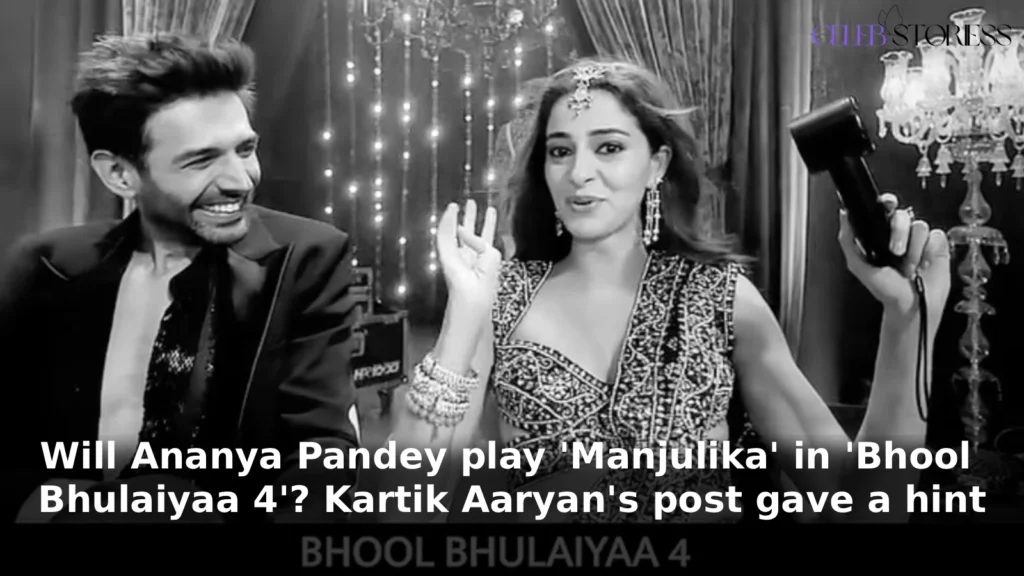
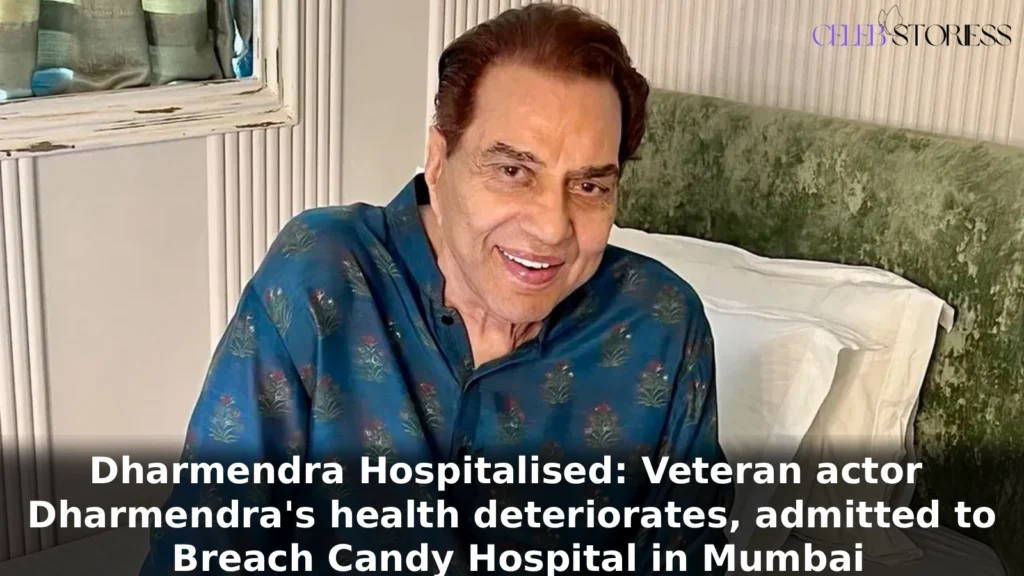
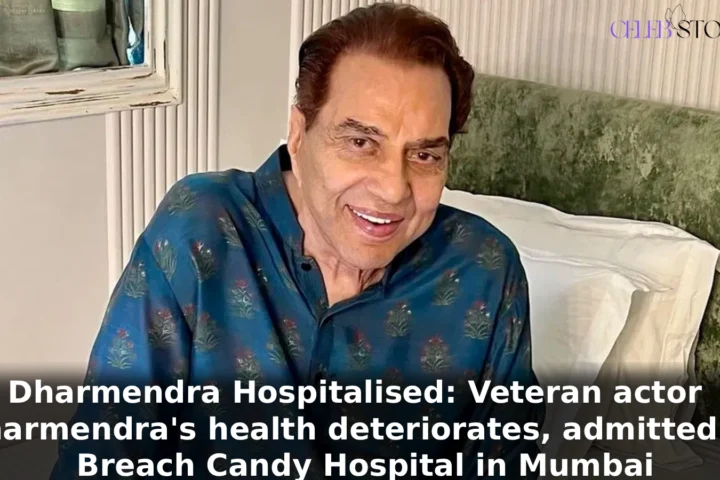
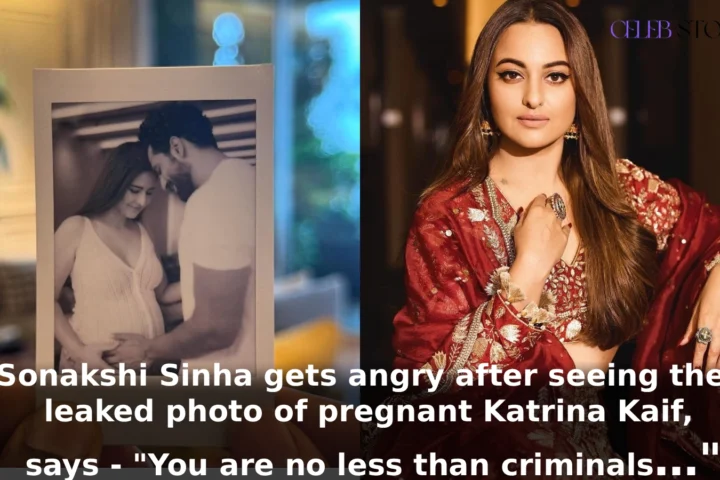
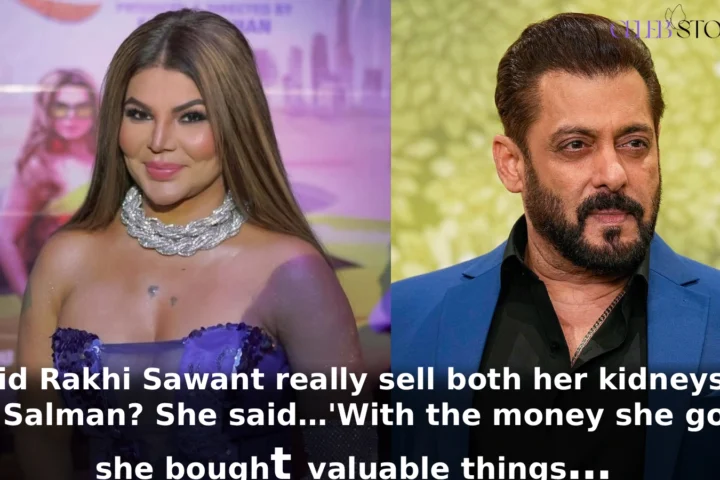
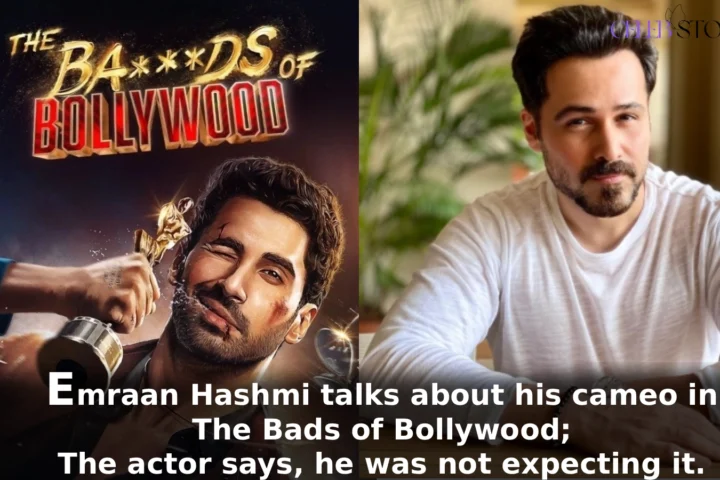
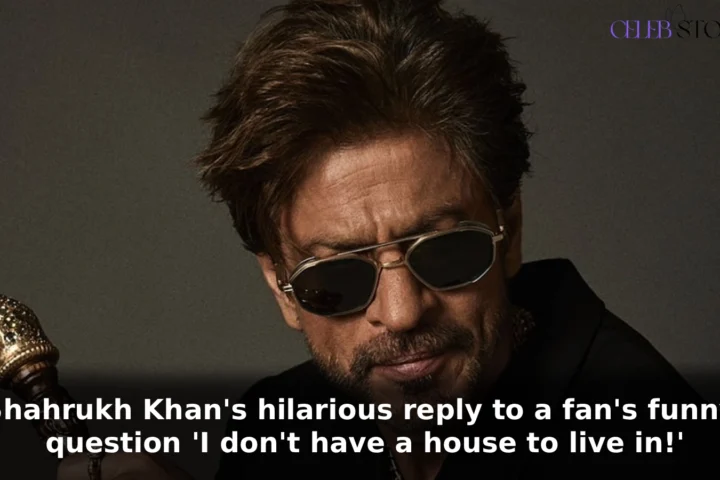


Leave feedback about this